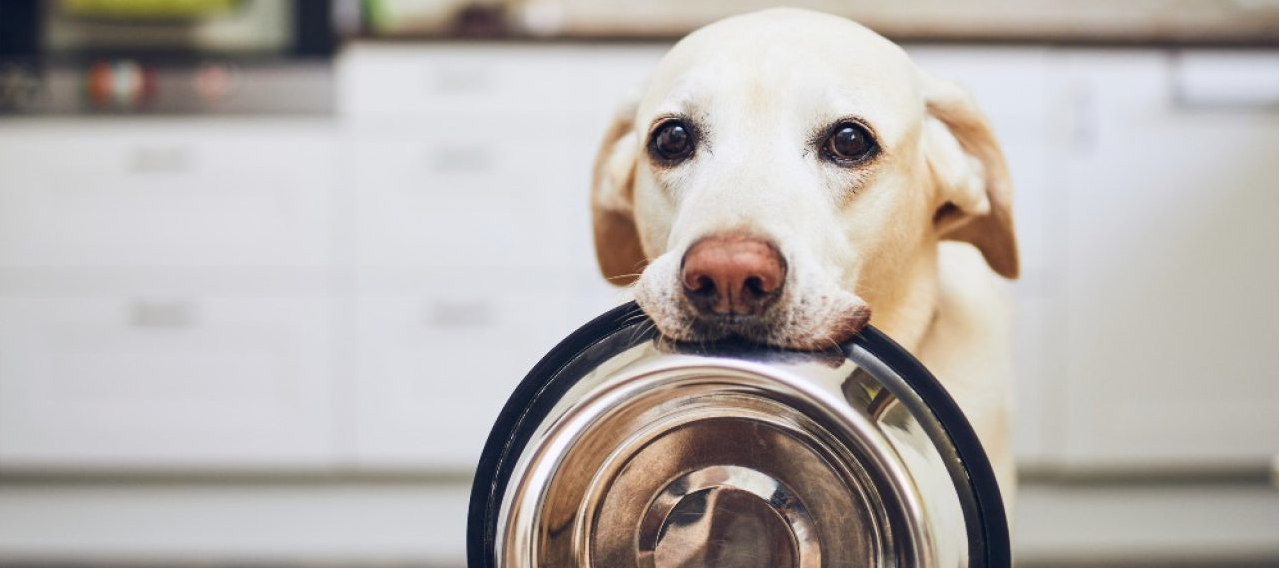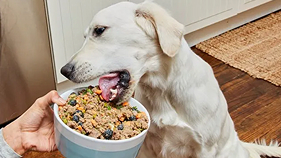Healthy Paws Pet Care Blog
Pet Care.
Pet Training.
Pet Stories.
For all your furry friend needs.
Featured Posts

What Can My Dog Eat When I’ve Run Out of Dog Food?
Out of dog food and wondering "What can I feed my dog instead of dog food?" Learn about nutritious alternatives with our guide.

When Do Cats Stop Growing? How to Tell Their Size
But how long does it take for a kitten to grow up? And how will we know when our cat is fully grown? Here is the guide you need to understand how your feline grows.

Why Dogs Cover Their Faces With Their Paws
Is it behavior or is something wrong? Here's all the reasons why dogs may cover their faces with their paws.

8 Best Cat Breeds for First-Time Owners
Discover the 8 best cat breeds for first-time owners! Learn about their unique traits to find the best cat breed to fit your family.



